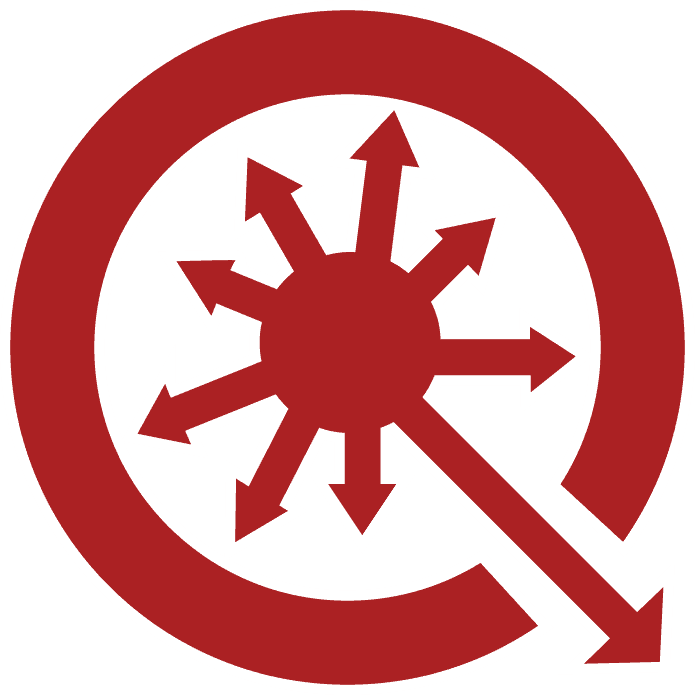 Don’t Let Your Filter Get Out of Kilter!
Don’t Let Your Filter Get Out of Kilter!
- Your truck is retrofitted with a Diesel Particulate Filter (DPF). The emissions performance of this retrofit has been verified by ARB through rigorous testing.
- Keep in mind that a DPF is not a “fit and forget” device. Protect your investment by understanding the needs of your new system.
- Improper care of your engine and DPF can lead to: Expensive repairs and replacement parts
- Voided warranty
- Engine malfunction or breakdown
- Non-compliance with air pollution laws
- Maintain engine in its original configuration.
- Do not exchange filter parts unless allowed by the DPF manufacturer.
Vehicle Maintenance is Critical
Top notch vehicle engine maintenance is required. Loss of lube oil control or over-fueling can damage or destroy your DPF leading to expensive repairs. A DPF captures soot from the engine and can mask engine problems that were formerly detectable by observing exhaust smoke characteristics. Be proactive. Reducing soot from your engine reduces filter plugging and cleaning.
Fuel injectors: Repair and replace at intervals required by the engine manufacturer’s maintenance schedule. Worn fuel injectors can lead to excessive fueling and more soot generation and accumulation in the filter. Fix worn hydraulic injectors to stop lube oil leaks into the fuel.
Air filters: Replace at intervals required by the engine manufacturer. Dirty air filters reduce air flow to the engine leading to more soot generation.
Turbocharger: Check turbocharger for proper operation and excessive wear. Turbochargers that do not produce sufficient air or have leaking seals lead to more soot or the presence of lube oil in the exhaust.
Fuel filter: Replace at prescribed intervals. Look for the presence of lube oil in the fuel filter during regularly scheduled maintenance. A blackening of the filter may indicate that oil from the crank case is mixing with the fuel due to a leaky injector.
Fuel: Periodically inspect fuel in the on-board fuel tank for signs of lube oil contamination (black in color). Inspection should be done prior to refueling. A blackening of the fuel may indicate mixing of crankcase oil with the fuel.
Coolant: Monitor coolant consumption. Keep a log of the coolant added to the engine. Coolant leakage can poison the DPF catalyst and/or cause filter plugging.
Lube oil: Change the lube oil at mileage intervals indicated by the engine manufacturer. Track usage.
FOR THE ENTIRE GUIDE, DOWNLOAD THE PDF BELOW.




